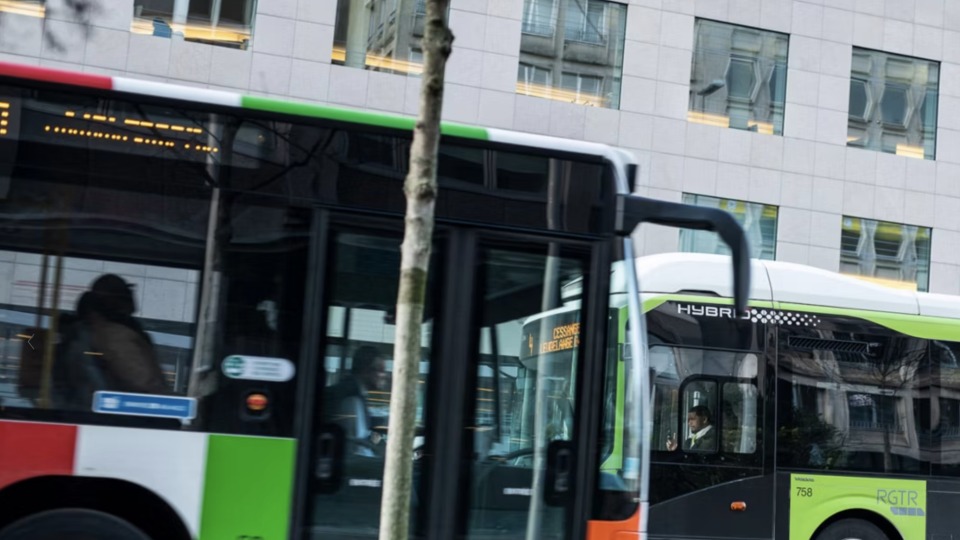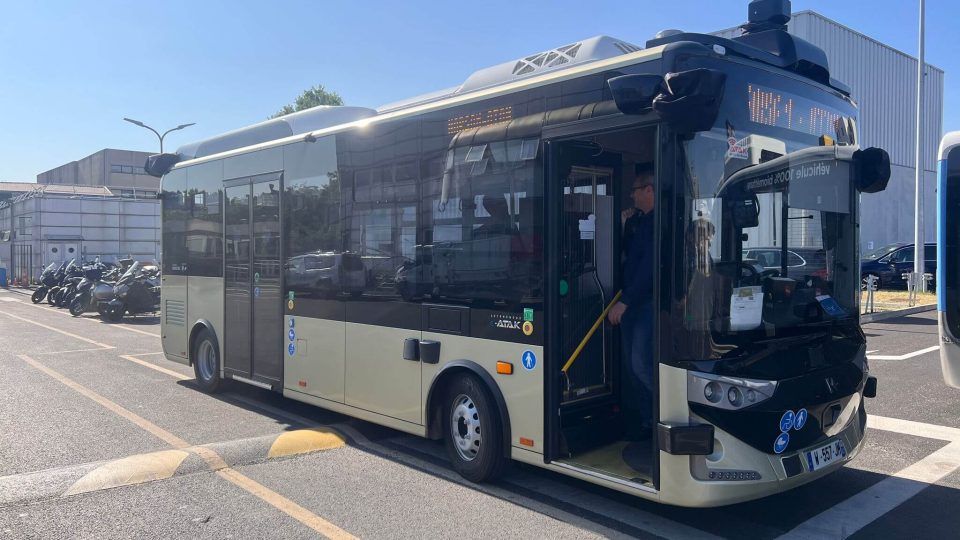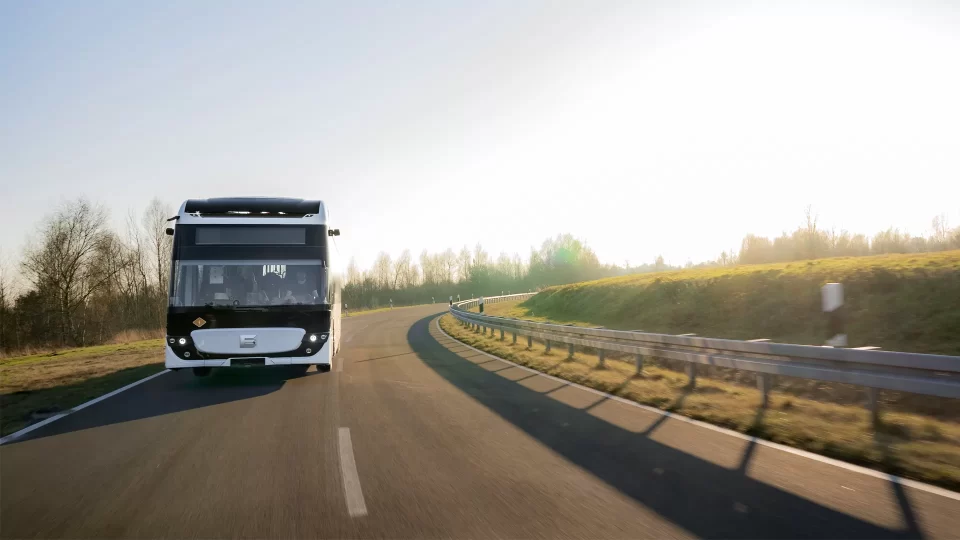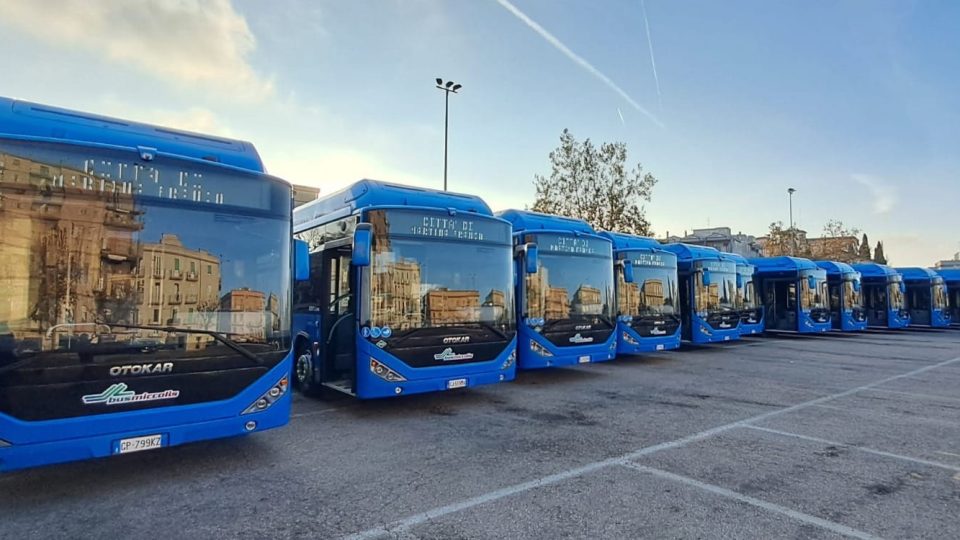Solar Bus Kit by Sono Motors to be tested in Sweden by Scania – LLT
The Munich-based solar mobility OEM Sono Motors announces it is launching a project to test the recently presented Solar Bus Kit in real-life conditions in the northern hemisphere. The pilot involves manufacturer Scania and Swedish public transport authority LLT. This project is a part of our work to evaluate new technologies and decrease our carbon footprint. By 2030 […]
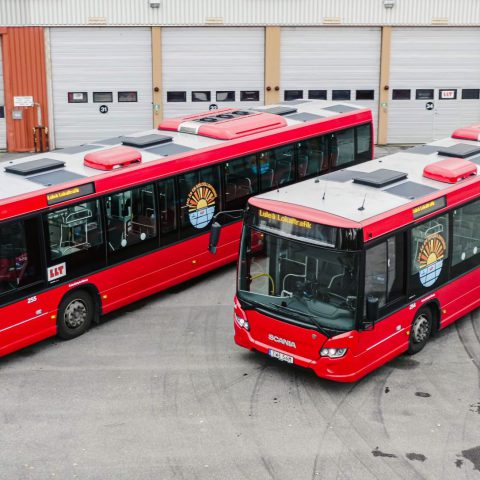
The Munich-based solar mobility OEM Sono Motors announces it is launching a project to test the recently presented Solar Bus Kit in real-life conditions in the northern hemisphere. The pilot involves manufacturer Scania and Swedish public transport authority LLT.
This project is a part of our work to evaluate new technologies and decrease our carbon footprint. By 2030 half of our buses will be fully electric. Solar-equipped hybrid buses will help us learn the pros and cons of this technology
Jonas Vinblad von Walter, CEO of LLT
Sono Motors kit for Scania, MAN, Mercedes
The goal of the project is to optimize the efficiency of the solar technology for buses in northern climates. LLT is the first transport authority in Scandinavia to equip buses with a customized version of the Solar Bus Kit with 1 kW peak installation, and have equipped six Scania model Citywide K320 diesel buses.
These solar-equipped buses are used for public transport in Luleå, Sweden and are intended to help reduce transport emissions. “For each year of operation, the solar technology developed by Sono Motors has the potential to save approx. 2.9 tonnes of CO2 and up to 1,100 liters of diesel per bus. According to LLT and Scania, solar technology could be an option in the future to increase the range of electric buses”, the German company stresses.
Sono Motors – Scania – LLT
The Citywide K320 by Scania is another bus model for which Sono Motors has optimized its Solar Bus Kit, following the optimizations for the MAN Lion’s City and the Mercedes-Benz Citaro.
“Sustainable public transport is one of the most important pillars of the revolution of mobility. Our Solar Bus Kit was developed as a scalable retrofit product intended to help public transport authorities to start saving diesel and reduce emissions today. We are happy to have found two partners in Scania and LLT who share our values, and it is gratifying to see the fruit of our efforts now on the roads of Sweden,” says Laurin Hahn, CEO and co-founder of Sono Motors.
“The Solar Bus Kit has the potential to reduce both the amount of fossil energy sources used and CO2 emissions. For Scania, it is great to be able to test the solar technology for buses in real-life conditions with a client that we know shares similar goals, and with whom we also have a long and established relationship,” says Rutger Hörndahl, Senior Technical Advisor Scania Buses and Coaches.
“LLT’s goal is to provide public transportation that has the least amount of impact on the environment. This project is a part of our work to evaluate new technologies and decrease our carbon footprint. By 2030 half of our buses will be fully electric. Solar-equipped hybrid buses will help us learn the pros and cons of this technology. Solar is one of the future’s large-scale energy sources and it’s good for us at LLT, the climate, and the city of Luleå to gain more knowledge and insight on how solar technology can be implemented as a future mobility solution,” says Jonas Vinblad von Walter, CEO of LLT.



